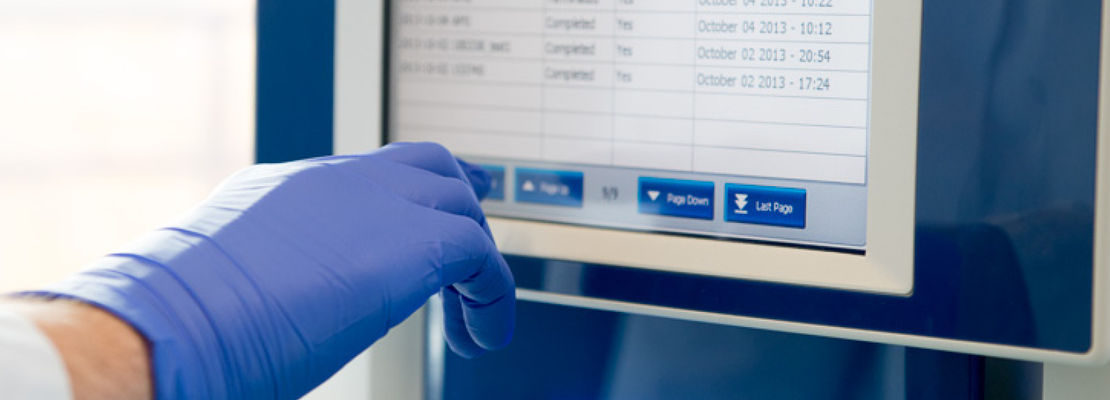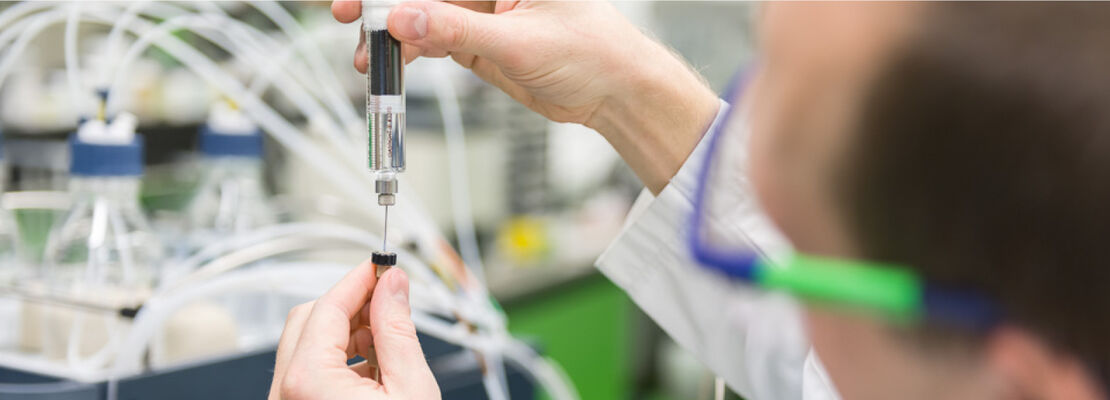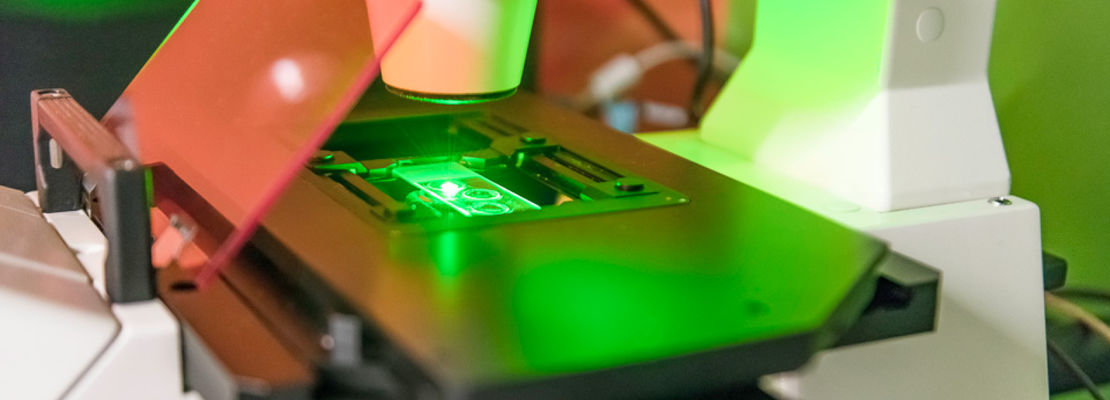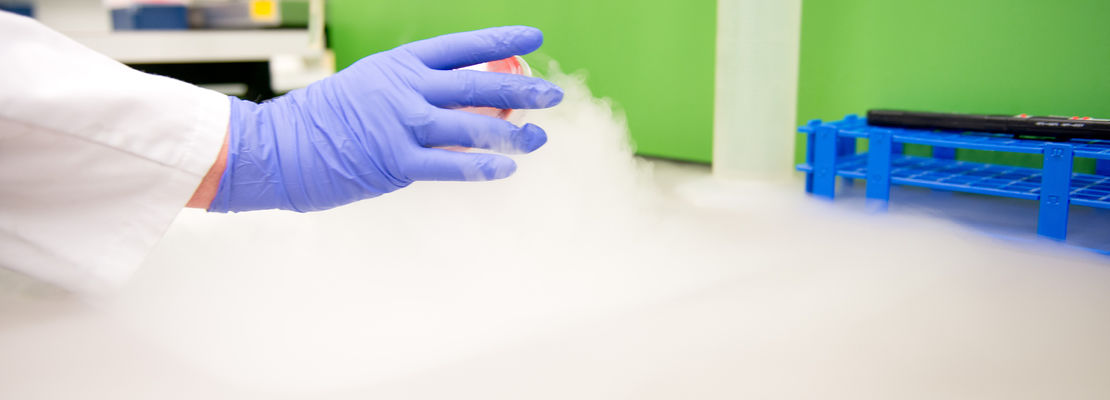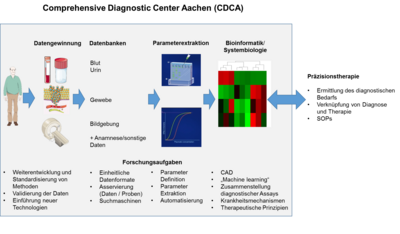Goals & Tasks
The aim of the CDCA is to develop, test and establish in collaboration between institutes and clinics of Uniklinik RWTH Aachen and other faculties of RWTH Aachen University tools to automatically evaluate and merge the very different diagnostic data and to employ them efficiently for the benefit of the patient. Clinical databases are to be set up and the quality and robustness of the diagnostic data and procedures will be carefully checked. The goal is to generate comprehensive data formats that allow the computer to efficiently collect, integrate and evaluate information from anamnesis, histopathology, OMICs and imaging. The automation of data analysis also requires close cooperation between physicians, computer scientists, mathematicians, engineers and basic scientific researchers. In order to bring the data into disease-mechanistic contexts and thereby make them fully usable for the development of pharmaceutical and other therapeutic strategies, system biologists with profound expertise in mathematical model development and simulation will support the CDCA. In addition to accessing large databases, a large number of structural measures are necessary, which are accompanied by the development of high-performance digital infrastructure using artificial intelligence and machine learning.
Another objective of the CDCA is to test and establish the new diagnostic concepts in clinical reality, taking into account all general conditions, and thus to become a pioneer in computer-aided and integrated diagnostics, which flexibly push the boundaries of existing diagnostic medical disciplines.
Research
The scientific objective of the CDCA is the generation of diagnostic tools and algorithms that enable computer-aided data analysis and allow the integration of different diagnostic data for the automated detection, characterization and therapy decision of diseases. This includes the development and testing of new diagnostic procedures, the automation of data analysis, the merging of data, the development of data formats and databases, and the creation of mathematical disease models in the sense of systems biology.
Furthermore, CDCA intends to test and establish new cross-disciplinary, integrated diagnostic concepts. The developed solutions should be made widely available and usable. In this context, the CDCA seeks for strong cooperations will with industry and affiliated non-university research institutes (e. g. the Fraunhofer, and Helmholtz Association).
Tasks in education, training and further education
In cooperation with the facilities of Uniklinik RWTH Aachen and RWTH Aachen University, the CDCA sees its priorities in the interdisciplinary and professional group training, further education and training of students and staff.

